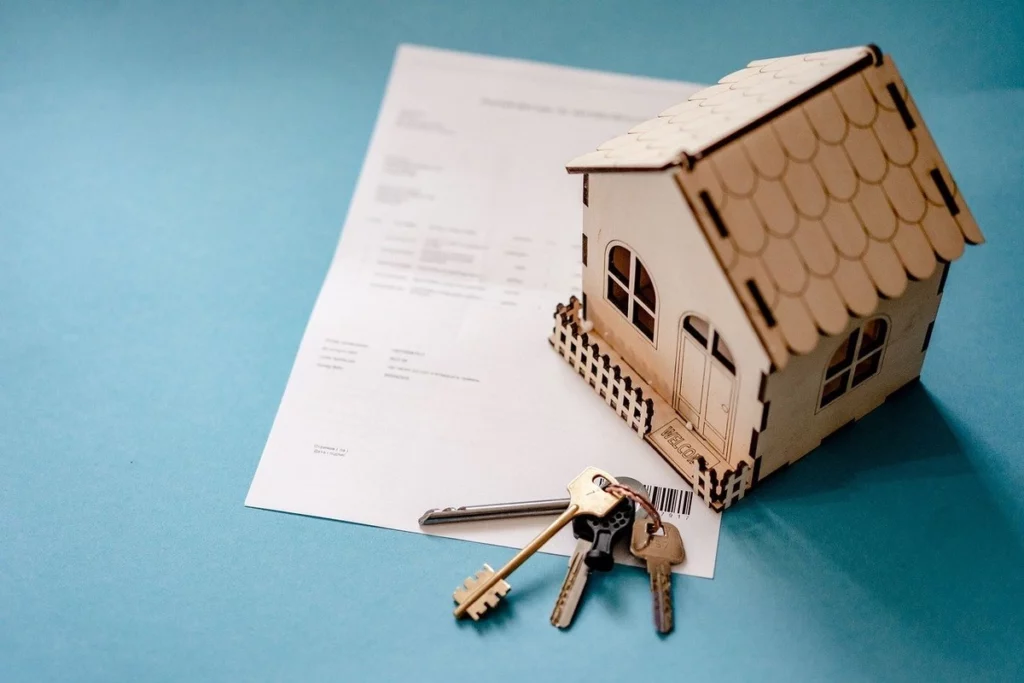Laws Against House Hacking
There are several laws against house hacking that vary based on where you live and the type of property that you own. As long as you comply with all local zoning ordinances, fair housing laws, and other legal restrictions, your house hack should remain completely legal.
This article outlines the various laws that house hackers should watch out for.
Zoning Laws
Local governments use zoning restrictions to regulate land use and construction. In some instances, these laws can interfere with your ability to house hack.
Multi-Family vs. Single Family Zoning for House Hacking
For example, some zoning laws restrict and even prohibit the construction of multi-family family housing in certain neighborhoods.
This is especially relevant for house hackers looking to convert a single family home into a multi-family property. If the neighborhood you’re interested in is zoned exclusively for single family housing, doing so would be illegal.
Alternatively, you may want to consider purchasing a duplex or a triplex in a neighborhood that already has multi-family housing.
Although zoning laws can impede your house hacking plans, there are ways that homeowners can try to work around them. In some cases, you may be able to request a variance from the local government. Variances are legal exemptions that may allow you to add a unit to your property regardless of zoning laws.
If you run into issues with your local zoning restrictions, consider speaking with an attorney about your options. A professional who is well-versed in local zoning codes will be able to advise you on the best course of action.

Short-Term Rentals
Local governments also often place restrictions on short-term rentals.
If you’re listing your property with a vacation rental service like Airbnb, or you’re renting out a unit for 30 days or less, be sure to check out local zoning restrictions against short-term rentals.
Local Housing Codes
City and county governments impose housing codes in order to establish a safety standard for all properties in the area. If you plan to make substantial alterations to a property before house hacking, make sure that you’re up to date on all local codes.
Building Alterations
Certain alterations, such as dividing a single home into multiple units, may violate local building codes.
Any alterations that you undertake must meet all specified safety standards. Some codes may also require you to first obtain permits.
Common legal requirements include the presence of windows, closets, and multiple exits for each unit.
New Construction
Adding new construction to a property also puts you at risk of violating local building codes. This is especially true if you’re planning to custom-build your house hack.
Building a home from the ground up does allow for a higher degree of customization. However, it also opens you up to a slew of potential code violations.
Additionally, many house hackers find the construction of accessory dwelling units (ADUs) to be especially advantageous. ADUs (like guest houses and garage apartments) are relatively inexpensive to build and provide more privacy than a standard single unit.
Unfortunately, some local codes restrict and even prohibit the construction of ADUs, so make sure you check before starting!
Fair Housing Laws

The Fair Housing Act of 1968 prohibits landowners from discriminating against rental applicants on the basis of race, color, religion, gender, national origin, familial status, or disability. However, a clause commonly referred to as the “Mrs. Murphy exemption” may offer house hackers a bit of leeway.
It stipulates that the primary residence of the landowner may be exempt from the Fair Housing Act. This exemption is only valid if the property contains four units or fewer.
For example, under the exemption, a young woman currently living in the property who only wants to rent out the extra rooms in her home to other young women can typically reject older male applicants without violating Fair Housing Laws.
That said, advertisements for the property cannot be discriminatory, even if otherwise exempt under the Mrs. Murphy exemption.
Condominium Association Rental Restrictions
Condominium developments are usually overseen by homeowners’ associations that can impose restrictions on owners renting out their units.
Some associations will allow you to house hack with certain limitations, while others prohibit non-owner occupancy altogether.
These restrictions tend to be especially tight when it comes to short-term rentals.
Check your association’s declaration & bylaws and any applicable rules & regulations before assuming you can house hack.
Lender Restrictions Against House Hacking

In order to purchase a home for house hacking, you’ll likely need to first qualify for a mortgage, and lenders can impose restrictions on homebuyers trying to rent out their properties.
If you can combine your house hack with owner-occupied financing, you’ll find yourself in the perfect place to reap the financial benefits. Owner-occupied loans come with lower interest rates and down payments, which makes house hacking a great option for anyone looking to get started in real estate investing.
That said, lenders do impose restrictions on buyers trying to house hack.
While it is rarely prohibited for homebuyers to rent out the property at all, is usually the case that you’ll need to wait 12 months before renting out the entire house, during which time you can still rent out a spare room.
If you’re taking out a loan for a house hack, be sure to ask your lender for a run down on their policies and restrictions before closing on the property.
Conclusion – House Hacking Laws
From the construction of the house to the details of the rental agreements, the house hacking process must comply with various federal, state, and local laws.
Definitely consult with a local real estate or zoning attorney to ensure that you are up to date on all local ordinances and regulations. Similarly, consider speaking with a landlord-tenant attorney with knowledge and experience navigating local housing laws and restrictions.
This website, and any communication stemming from it, should not be taken as financial or legal advice for your specific situation. Consult directly with a licensed financial professional should you need investment advice and consult directly with a licensed attorney directly should you need legal advice. Assume all links are affiliate links. I am an Amazon affiliate.


